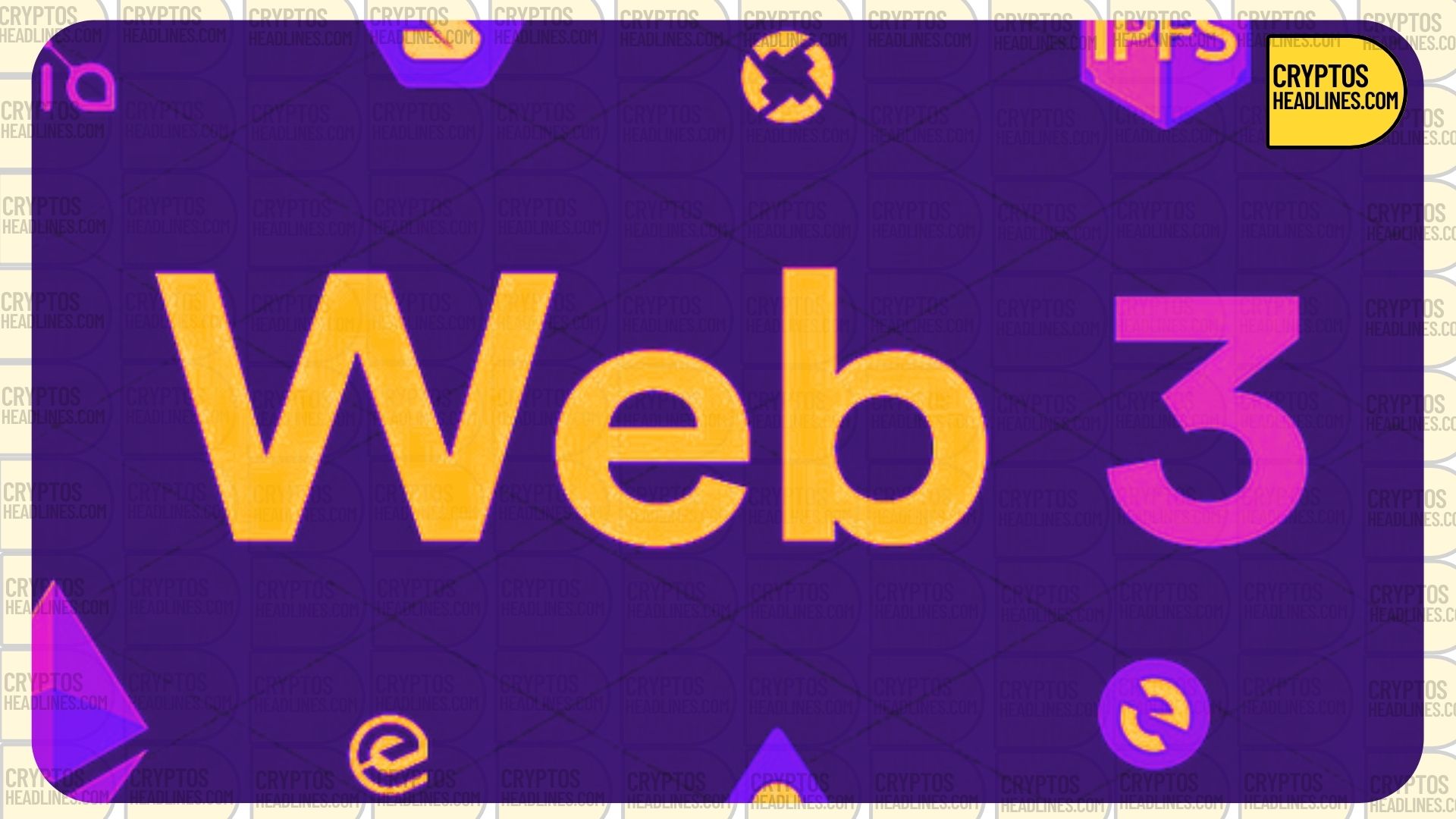In recent years, blockchain technology has emerged as a game-changing innovation with the potential to revolutionize traditional business operations across various industries. From finance to healthcare, supply chain management to real estate, blockchain is transforming the way businesses operate by increasing transparency, security, and efficiency.
Exploring Blockchain Use Cases by Industry
In this comprehensive blog post, we will delve into the exciting and diverse use cases of blockchain technology in different industries, exploring how it is reshaping the way of modern businesses.
1. Finance and Banking
The financial industry has been one of the early adopters of blockchain technology, and it is transforming the way transactions, record-keeping, and identity verification are conducted. Blockchain-based cryptocurrencies, such as Bitcoin and Ethereum, have gained significant attention as digital currencies that operate on decentralized and transparent systems.
These digital currencies eliminate the need for intermediaries, such as banks, for financial transactions, enabling peer-to-peer transfers across borders without the need for costly and time-consuming processes.
Blockchain also has the potential to revolutionize traditional banking operations. With blockchain, transactions can be recorded in a permanent and transparent ledger, reducing the need for reconciliations and minimizing the risk of fraud. Blockchain can also enable faster and more secure cross-border remittances, eliminating the need for multiple intermediaries and reducing transaction costs.
This has the potential to greatly benefit businesses and individuals by streamlining the financial processes and making transactions more efficient.
2. Supply Chain Management
Supply chain management is another industry that is being transformed by blockchain technology. With complex and global supply chains, ensuring transparency, traceability, and accountability has become increasingly challenging.
Blockchain provides a transparent and immutable ledger that can record each step of the supply chain, from the origin of goods to their movement through different stages of the supply chain.
By leveraging blockchain, businesses can have a clear and auditable record of the entire supply chain, ensuring ethical sourcing, reducing counterfeit products, and enhancing consumer trust. Companies like Walmart and IBM are already using blockchain to track and trace products, improving supply chain visibility and efficiency.
Blockchain can also streamline processes such as product recalls, as the origin and movement of goods can be easily traced, mitigating risks and minimizing disruptions.
3. Healthcare
The healthcare industry is grappling with issues related to data privacy, interoperability, and patient outcomes. Blockchain has the potential to address these challenges by providing secure and transparent systems for data management.
With blockchain, patient records can be securely stored and shared, ensuring data integrity and confidentiality. This can enable interoperability among different healthcare providers, leading to seamless and efficient patient care.
Blockchain can also facilitate medical research by creating a secure platform for sharing research data. This can accelerate breakthroughs in disease prevention and treatment, as researchers can access a vast repository of verified data.
Furthermore, blockchain can streamline the drug supply chain, reducing the risk of counterfeit medications and improving drug safety, ultimately benefiting patients.
4. Real Estate
The real estate industry is known for its complex and paper-based processes, which can be time-consuming and prone to fraud. Blockchain has the potential to revolutionize this industry by offering transparent and secure systems for property transactions, title management, and smart contracts.
With blockchain, property transactions can be conducted in a peer-to-peer manner, eliminating the need for intermediaries, such as real estate agents and lawyers. This can significantly reduce transaction costs, increase transaction speed, and enhance transparency, making real estate transactions more efficient and accessible.
Additionally, blockchain can provide verified and immutable ownership records, reducing the risk of title fraud and improving the overall security of property transactions.
Blockchain in real estate can also enable fractional ownership of properties, making it more accessible to a wider range of investors. This can democratize the real estate market and open up new investment opportunities for smaller investors.
5. Gaming and Entertainment
Blockchain technology is also making waves in the gaming and entertainment industry. Blockchain can enable the creation, ownership, and trading of digital assets in a secure and transparent manner. This can unlock new revenue streams for game developers, content creators, and players.
Blockchain-based virtual economies can allow players to buy, sell, and trade digital assets, such as virtual currencies, characters, weapons, and skins, in a peer-to-peer manner.
This can create a vibrant ecosystem where players can truly own and monetize their in-game assets. Blockchain can also address issues such as fraud, counterfeit items, and ownership disputes that are prevalent in traditional virtual economies.
Furthermore, blockchain can facilitate crowdfunding for game development, allowing developers to raise funds from a global community of supporters in a transparent and decentralized manner. This can democratize the funding process and empower independent game developers to bring their creative visions to life.
6. Energy and Utilities
Blockchain has the potential to disrupt the energy and utilities industry by enabling decentralized and transparent systems for energy trading, grid management, and peer-to-peer energy transactions. With the increasing adoption of renewable energy sources, blockchain can enable a more decentralized and democratized energy ecosystem.
Blockchain can facilitate peer-to-peer energy trading, where individual consumers can buy and sell excess energy to each other without the need for intermediaries, such as utility companies. This can create a more efficient and transparent energy market, empowering consumers to have greater control over their energy usage and costs.
Blockchain can also enable the creation of virtual power plants, where multiple energy sources, such as solar panels and batteries, can be aggregated and managed on a blockchain-based platform. This can optimize the utilization of renewable energy sources, improve grid management, and reduce energy wastage.
7. Insurance Industry
The insurance industry is built on trust and transparency, and blockchain has the potential to enhance these core principles. Blockchain can enable transparent and immutable records of insurance policies, claims, and payments, reducing the risk of fraud and improving the efficiency of claims processing.
With blockchain, insurance policies can be recorded on a transparent and tamper-proof ledger, ensuring that policyholders have a clear record of their coverage. Claims can be processed more efficiently and transparently, as all the relevant information, such as policy details, coverage, and claim documents, can be recorded on blockchain.
Blockchain can also enable parametric insurance, where smart contracts can automatically trigger claims based on predefined conditions, such as weather events or flight delays. This can streamline the claims process, reduce administrative overheads, and provide faster payouts to policyholders.
8. Education Sector
Blockchain has the potential to revolutionize the field of education by providing a secure and transparent system for verifying credentials, certificates, and achievements. Blockchain can create immutable and verifiable records of educational achievements, eliminating the need for traditional paper-based documents.
With blockchain, credentials can be recorded on a transparent and tamper-proof ledger, providing a secure and accessible way for students and job seekers to share their achievements with employers, educational institutions, and other stakeholders. This can enhance the employability of individuals and reduce the risk of credentials fraud.
Furthermore, blockchain can enable lifelong learning and micro-credentials, where individuals can earn and record smaller units of learning on blockchain, providing a more dynamic and flexible way of showcasing their skills and knowledge.
Conclusion
In conclusion, blockchain technology is transforming industries across the board, offering unparalleled advantages in terms of transparency, security, efficiency, and innovation. From finance and healthcare to real estate and supply chain management, the potential use cases of blockchain are vast and diverse.
As businesses and organizations continue to explore the possibilities of this disruptive technology, we can expect to see further advancements and adoption in various industries in the years to come.
As a business owner or industry professional, it’s important to stay informed about the potential use cases of blockchain and how they can impact your industry. Understanding the benefits and challenges of implementing blockchain solutions can help you stay ahead of the curve and leverage this technology to drive growth and innovation in your business.
It’s an exciting time to be a part of this technological revolution, and staying informed about blockchain use cases by industry can give you a competitive edge in today’s dynamic business environment.














